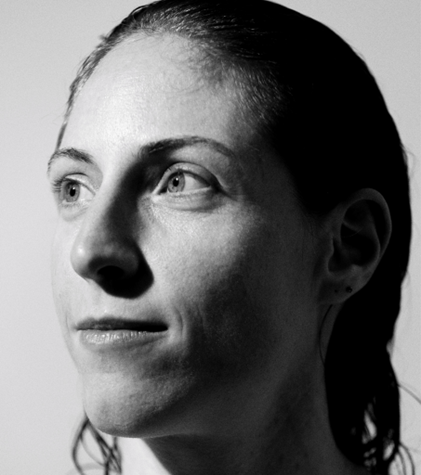People
Faculty
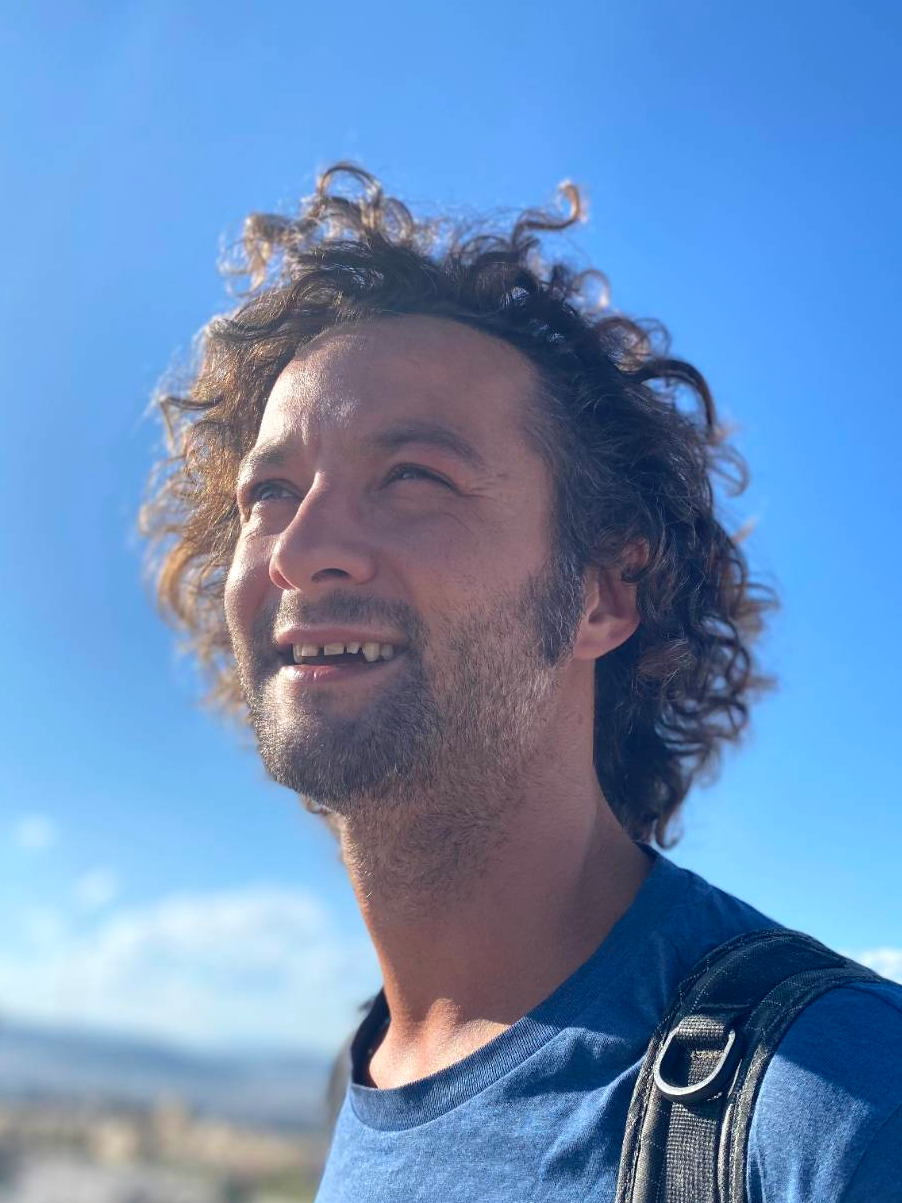
Julien Boelaert
Julien Boelaert is an Assistant professor in Political Science at Lille University/CERAPS (currently on sabbatical). He has been experimenting with, and thinking about, machine learning for social sciences since 2010 and is currently working on mass-media content analysis with a text-as-data approach.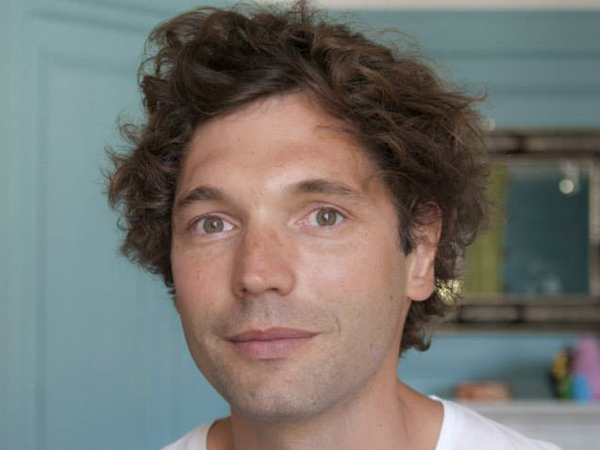
Jean-Philippe Cointet
Professor of Sociology and director of the Open Institute for Digital Transformations in Sciences Po, Jean-Philippe specializes in the development of innovative methods for the social sciences and humanities. His main fields of interest are computational linguistics and network science. He has long worked on the mapping of research communities through the analysis of bibliometric data, and later on the dynamics of scientific knowledge circulation and its contestation in social media platforms. More recently, he has been analyzing the structure of the digital public space through various empirical case studies on misinformation, polarization or collective mobilization.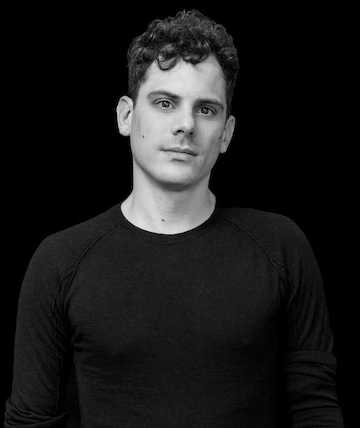
Etienne Ollion
Étienne Ollion is a CNRS research fellow and Professor of Sociology at École Polytechnique. His research focuses on politics, and he integrates digital data to more classic data sources and methods.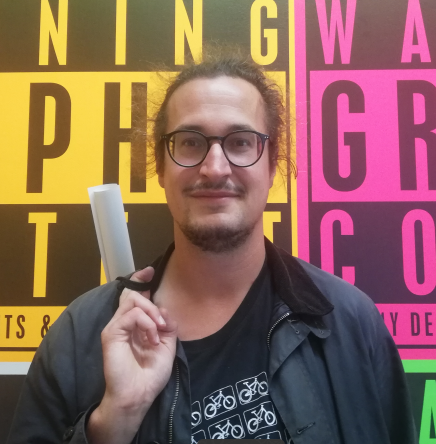
Émilien Schultz
Émilien is a research engineer at CREST, committed to the development of computational social science practices and data analysis. His main interests include science studies, scientific software, Python, and connecting social and computer science
Hesu Yoon
Hesu is an assistant professor at the ENSAE. Her research investigates how places are perceived and evaluated in ways that reinforce or shift inequalities by race and class. She takes various methodological approaches to answer research questions, including online survey experiments, digital trace data, and interviews.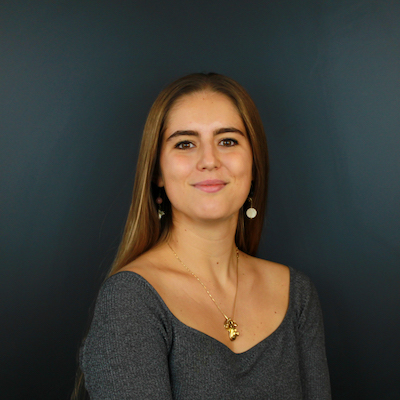
Emma Bonutti D’Agostini
Emma Bonutti D’Agostini is a PhD candidate in Sociology at CREST (Institut Polytechnique de Paris) and médialab (Sciences Po Paris). Before that, she completed a Bachelor in Political Sciences at University of Pisa and Sant’Anna School of Advanced Studies (Pisa, Italy) and a Master in Sociology at Sciences Po Paris. Her current research leverages computational methods and advanced NLP to study the representations made of political parties and personalities in the French journalistic spheres.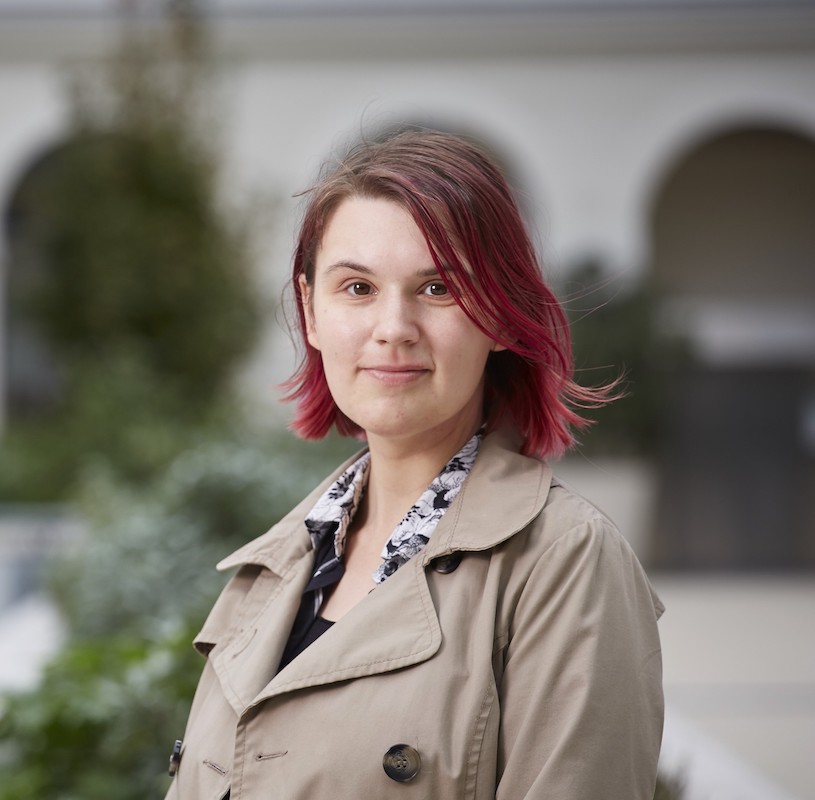
Annina Claesson
Annina is a PhD candidate in sociology at CREST and Sciences Po Médialab. She researches practices in political communication among parliamentarians and journalists, with a particular interest in social media dynamics.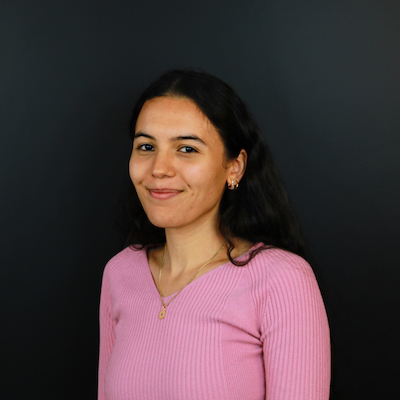
Yasmine Houri
Yasmine is a PhD candidate in Sociology at CREST. She studies the social processes underpinning inaccurate or harmful information sharing on social media, using a range of computational tools in network and data science.Speakers
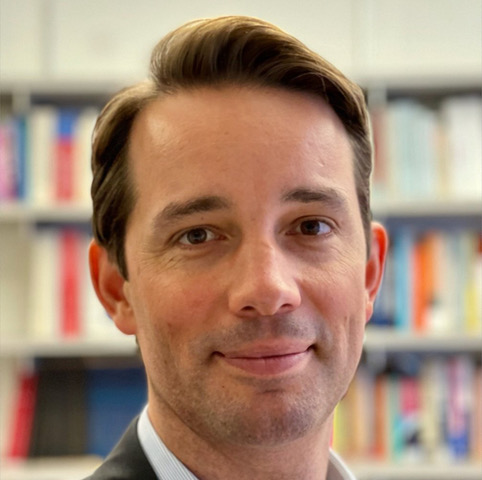
Bart Bonikowski
Bart Bonikowski is Associate Professor of Sociology and Politics at New York University. Using relational survey methods, computational text analysis, and experimental research, his work applies insights from cultural sociology to the study of politics in the United States and Europe, with a particular focus on nationalism, populism, and radical-right parties.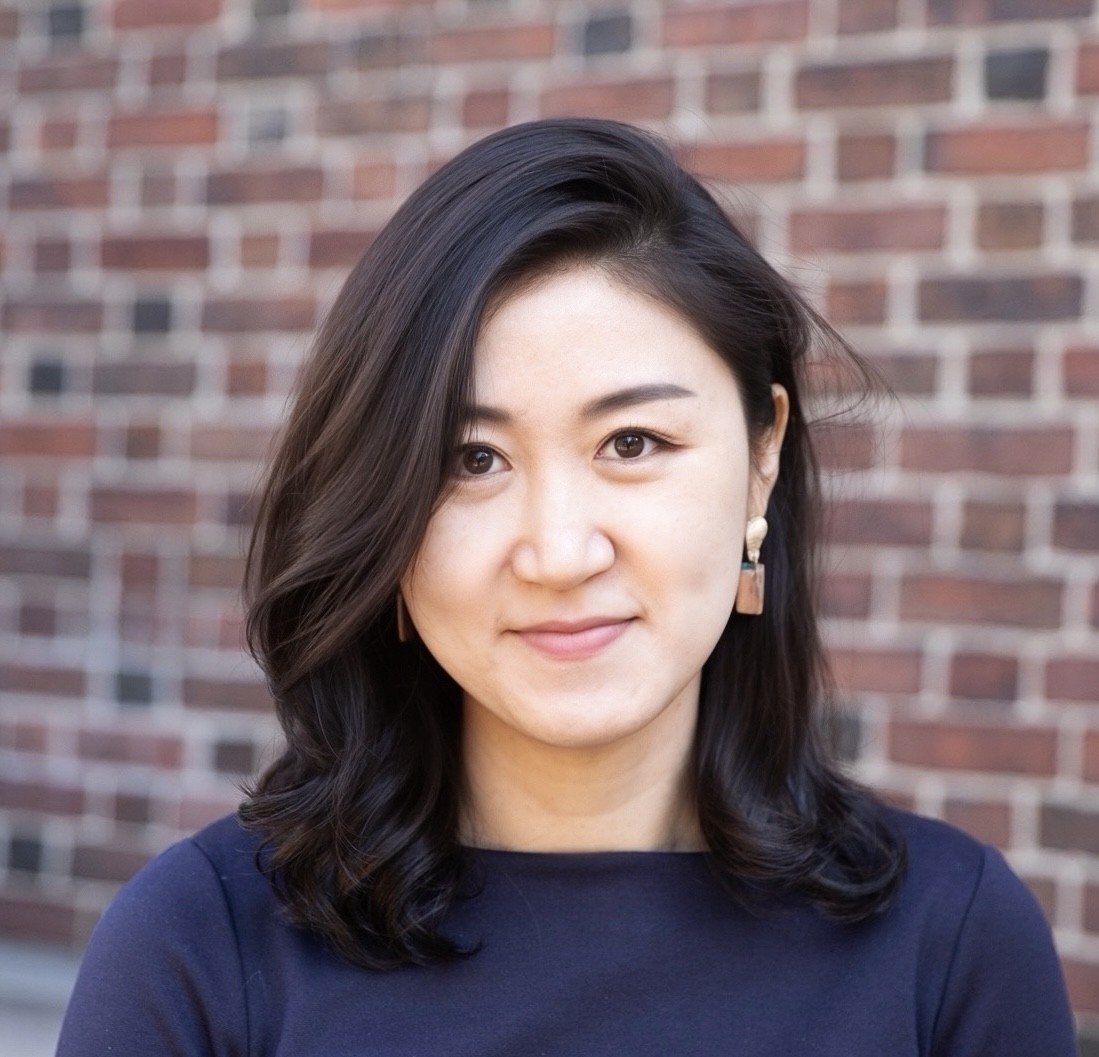
Eunji Kim
Eunji Kim is an Assistant Professor of Political Science at Columbia University. Perceptions of collectivities—impersonal entities ranging from a nation to a particular social group—are one of the central forces that shape politics. Her research studies the primary source that cultivates the perceptions of “others” who are outside the realm of citizens’ personal experiences.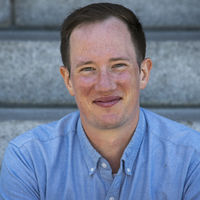
Jan G. Voelkel
Jan G. Voelkel is an incoming Assistant Professor at the Jeb E. Brooks School of Public Policy at Cornell University. Currently, Jan is a Postdoctoral Researcher at The Wharton School at the University of Pennsylvania and Cornell University. Jan's research examines under which conditions micro-level preferences for more equality and unity influence macro-level outcomes, such as elections. For example, Jan’s research has examined under what conditions Americans (i) refuse undemocratic elites, (ii) support women candidates for president, and (iii) back economically progressive politicians. In his dissertation work, Jan led the Strengthening Democracy Challenge, a megastudy that tested 25 crowdsourced experimental treatments for reducing anti-democratic attitudes and partisan animosity.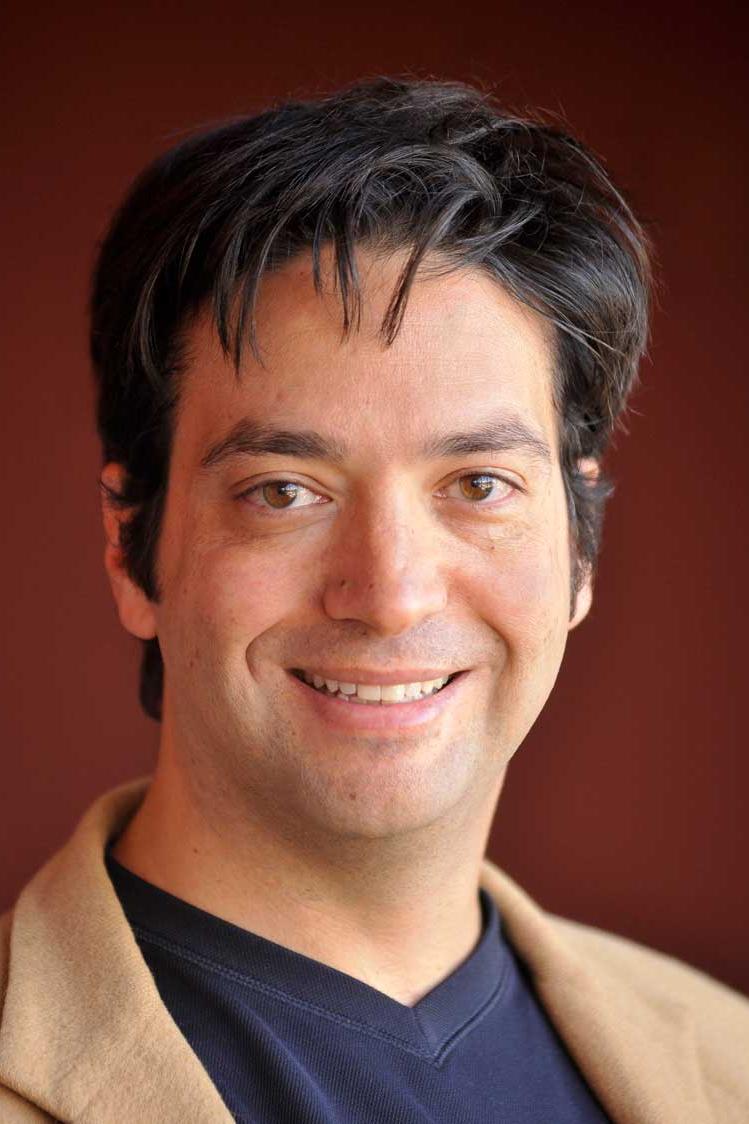
Daniel Silver
Daniel Silver is Professor of Sociology at the University of Toronto Scarborough. His research areas are social theory, cities, culture, and cultural policy. His current research examines the role of arts and culture in city politics, economics, and residential patterns; the evolution of urban ideas, forms, and practices, the enduring political orders of cities; the use of diagrams and figures in social theory; and international variations in how sociological theory is taught.
Noga Keidar
Noga Keidar is an urban sociologist studying cities, ideas and their dialectic relations. In her research, she examines what it means for a messy and complex entity like a city to adopt a new idea, and how the circulation of policy creates a global space of ideas. Her previous work has concentrated on the Creative City and Placemaking—policy frameworks often addressing the political and economic upheavals post-industrialization brings. Her current research examines how ordinary cities develop climate adaptation plans that address their specific needs within a highly normative and hierarchical global space dominated by leading cities and philanthropic organizations.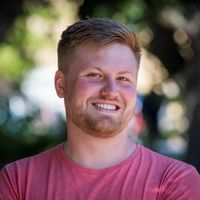
Austin van Loon
Austin van Loon is an Assistant Professor of Work and Organization Studies at the MIT Sloan School of Management. His primary stream of research investigates the dynamic relationship between culture and identity in the context of intergroup conflict. He explores critical questions such as how do genuine differences in worldviews contribute to conflict between groups? How does conflict influence group perceptions of the world? And how can we structure intergroup interactions to foster cooperative behavior and shared understanding? In his secondary research stream, Professor van Loon advances the application of artificial intelligence in the social sciences. He focuses on how scientists can leverage methods like machine learning and natural language processing to rigorously develop and test social theory. Professor van Loon earned his PhD in sociology from Stanford University. He also holds a BS in sociology and a BA in psychology from the University of Iowa.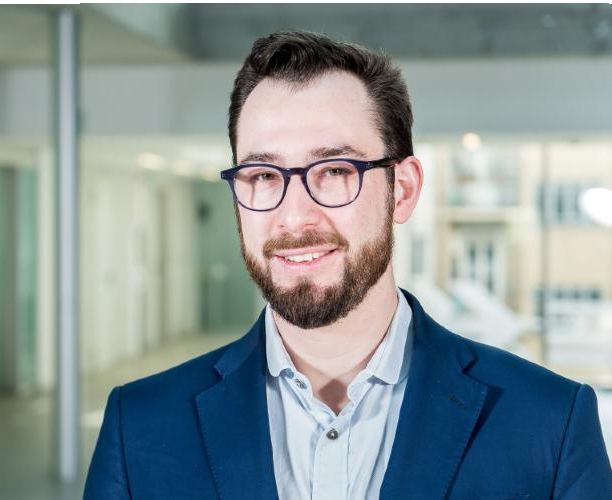
Dirk Hovy
Dirk Hovy is a Professor in the Computing Sciences Department of Bocconi University in Milan. He is nterested in the interaction between language, society, and machine learning, or what computers can tell us about language and what language can tell us about society. He is also interested in ethical questions of bias and algorithmic fairness in machine learning.Teaching Assistants
SICSS Paris teachers are listed under 'Faculty'.
Participants
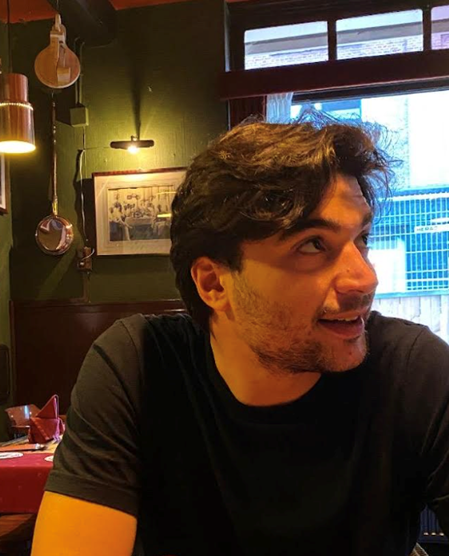
Mehdi Abdelkefi
Mehdi Abdelkefi is a research engineer at Sciences Po Grenoble, affiliated with the PACTE laboratory. He holds a master’s degree in quantitative social sciences from EHESS and ENS Paris, and a bachelor’s in computational linguistics from LMU Munich. His research interests lie at the intersection of computational social science, digital mobilizations, and the politics of data. He currently works on the ANR Yellow Vests project, analyzing political discourse and developing multi-label annotation strategies for electoral manifestos.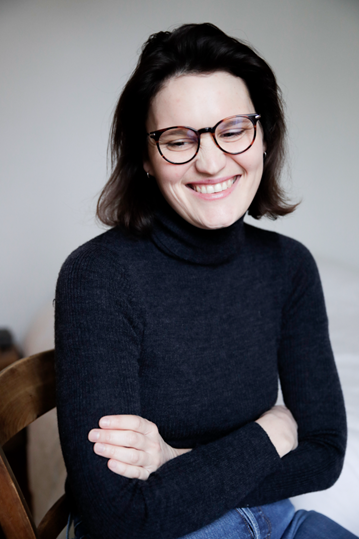
Mathilde Abel
Mathilde Abel is a postdoctoral researcher at CREST–ENSAE, Institut Polytechnique de Paris. Her research investigates platform labor, algorithmic governance, and cognitive asymmetries in digital capitalism. She combines qualitative fieldwork, computational methods, and NLP to analyze worker-generated data. She holds a PhD in Economics from Sorbonne Nouvelle University and contributes to the ANR project Voices from Online Labour, focused on AI-related platform work in Latin America.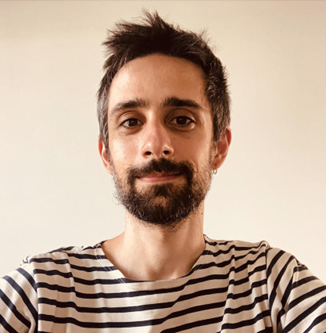
Pierre Alayrac
Pierre Alayrac is an Assistant Professor in Political Sociology at Paris 8 University. His work is at the intersection of Historical Political Sociology, Economic Sociology, and Environmental Sociology. He mobilizes mixed methods.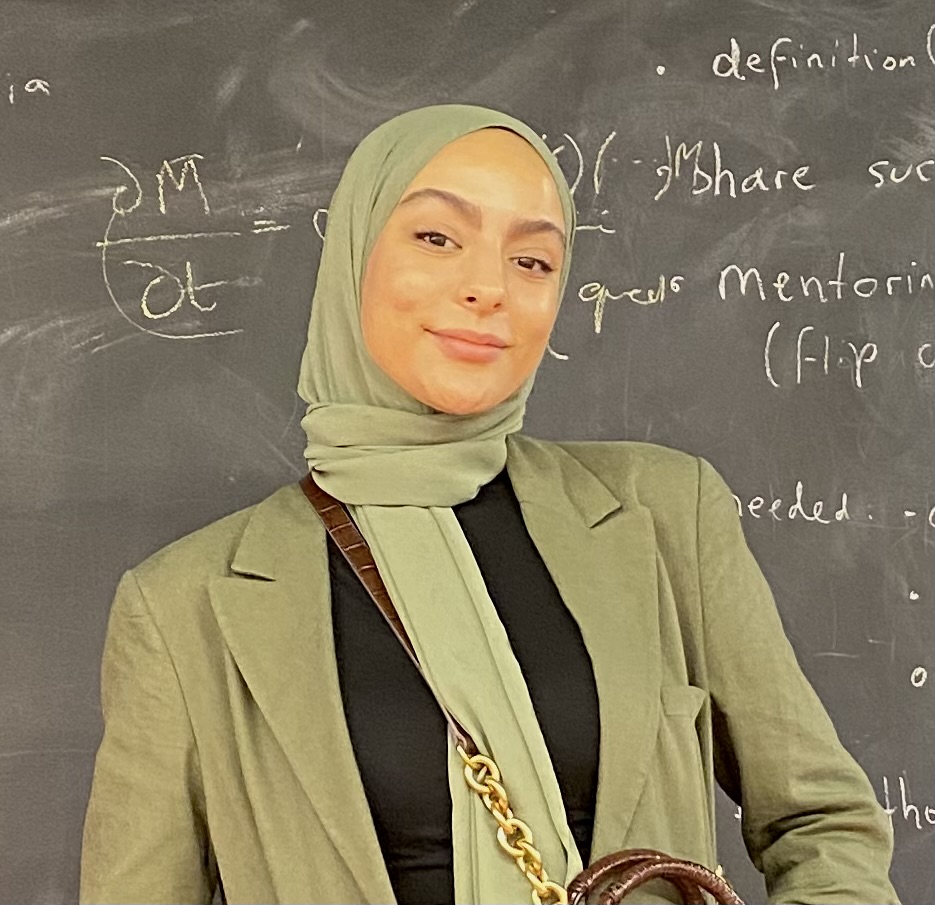
Nardjes Amieur
PhD candidate at LIX (École Polytechnique), studying how AI-driven algorithms shape information exposure and consumption. Her research analyzes user behavior across platforms and examines risks like misinformation.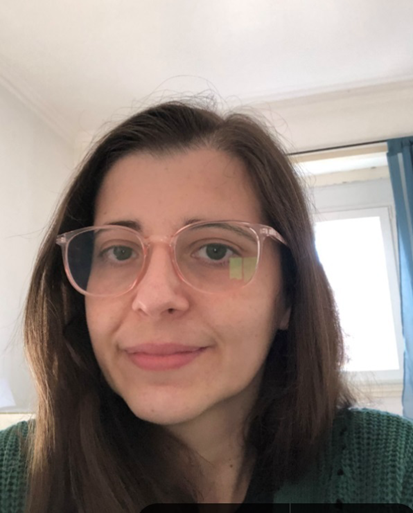
Cláudia Araújo
I am a senior research fellow at Power for Democracies and a Researcher at the V-dem (Varieties of Democracy) Centre for Southern Europe. I am mostly interested in protest, social movements, democratic erosion and gender equality. I have a PhD in Citizenship and Human Rights from the University of Barcelona and I am applying for post-doctoral positions.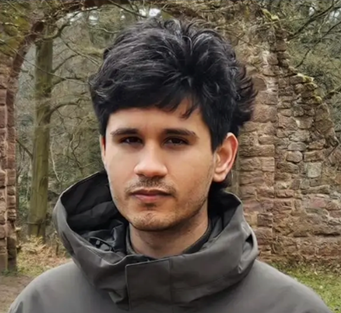
Vitor Barros
Vitor Barros is a doctoral candidate in Sociology at the University of Bonn (Germany). He works at the intersection of historical sociology and social history and is interested in LLMs and computational social science as tools for reimagining archival and sociohistorical research.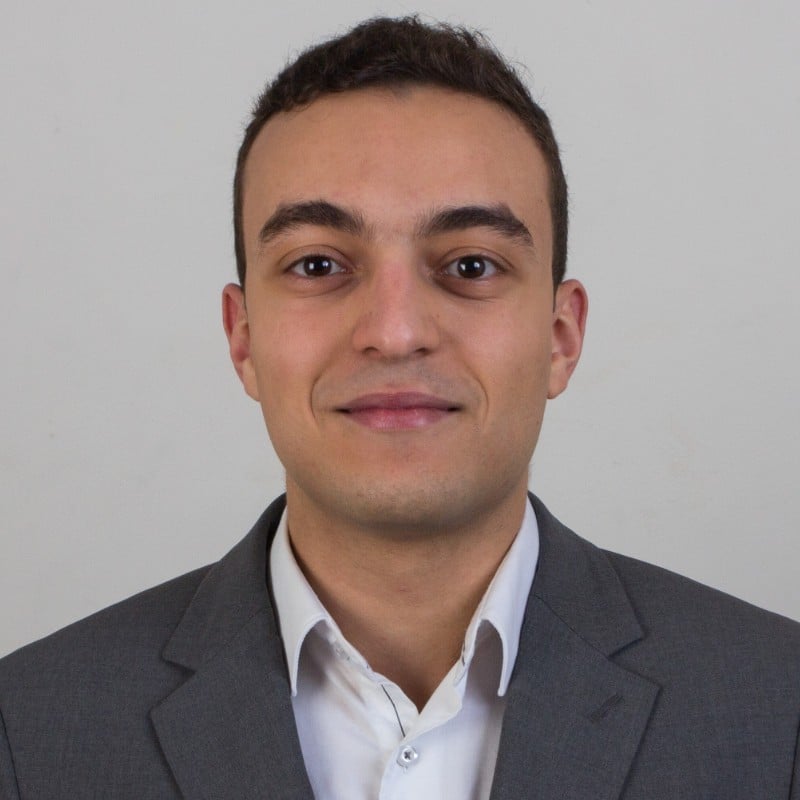
Hamza Belgroun
Hamza Belgroun is a Master’s student in Public Policy at Sciences Po Paris. He holds an “Ingénieur Polytechnicien” degree from École polytechnique with a major in Economics and a Bachelor’s degree in Pure Mathematics from the University of Toulouse. His current research focuses on the relevance of taxation for regulating the attention economy.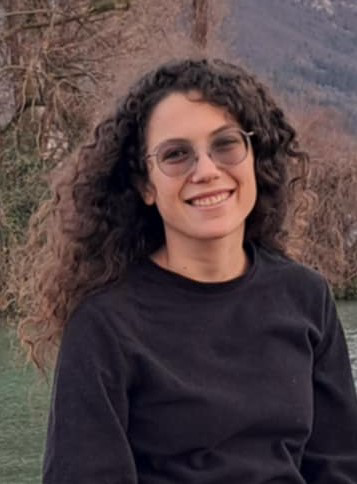
Jeanne Bollée
After a bachelor in social sciences and humanities, I obtained my Masters in Cognitive Science in 2023 and I started my PhD last September, aiming at quantifying how much a text talks about its characters’ mental states, their thoughts, intentions and emotions and investigating whether this interest in interiority varies between societies and epochs. I am currently evaluating LLM-based techniques and I am looking forward to exchanging about the opportunities and pitfalls of these tools. I am interested more broadly in topics of cultural evolution or how we can explain traditions, institutions, beliefs and how they persist or change with time.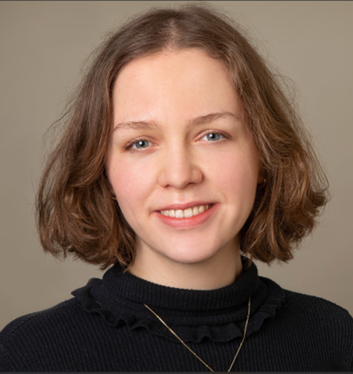
Claudia Buder
Claudia Buder is a PhD candidate in political science at Paris 1 Panthéon-Sorbonne. In her PhD research project she focuses on forms of critique and resistance to digital technology. Her research interests cover political theory, digitalization, and social media studies.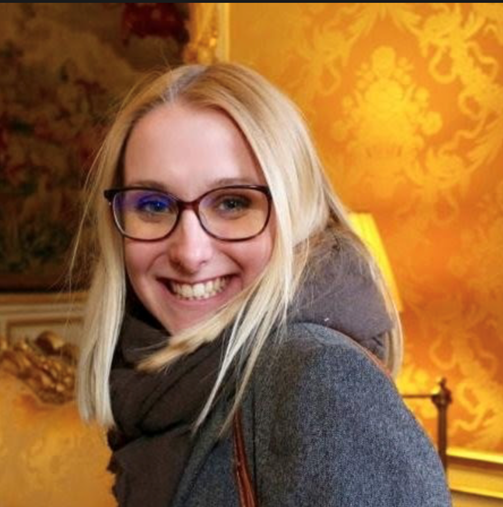
Lena Dodson
Lena Dodson is a policy analyst at the Audiovisual and Digital Communication Regulatory Authority (Arcom). She works in the Public Protection, Pluralism, and Social Cohesion Department, specializing in women's rights, anti-discrimination, and the regulation of hate speech.
Asmaa El fraihi
Asmaa El fraihi is a PhD student at the Computer Science Laboratory of École Polytechnique, specializing in online privacy, algorithm audits, and online platform governance. Her research combines experimental design with platform-based field studies to examine how user traits (such as personality) interact with algorithmic systems, particularly in the domains of online advertising and political communication. Her doctoral work aims to measure the systemic risks and implications of opaque algorithmic personalization on large online platforms.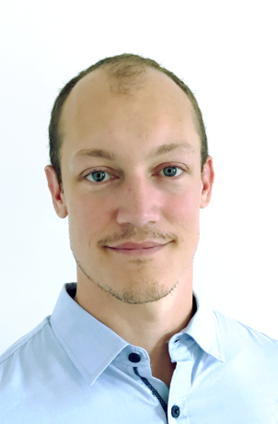
Quentin Gilliotte
Quentin Gilliotte is Junior Professor at Université Paris-Panthéon-Assas. His research projects focus on content production on digital platforms, particularly YouTube. He approaches this phenomenon from multiple perspectives: the professional organization of platform-based work, the social trajectories of content creators, the editorial formats they adopt, and their strategies for engaging with audiences. His investigations span a range of thematic areas, from the online circulation of knowledge — through scientific, media-related, or political popularization videos — to the contemporary reshaping of esoteric practices, such as tarot reading conducted via digital platforms.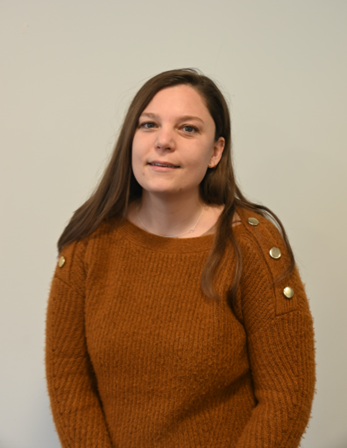
Frédérique Gros
Frédérique is a data documentation and distribution specialist at IR* Progedo, a CNRS laboratory and national research infrastructure dedicated to data and methods in quantitative social sciences. She holds a PhD in occupational psychology and a master’s degree in econometrics and statistics. She is particularly interested in AI, both for its ethical implications and its practical applications.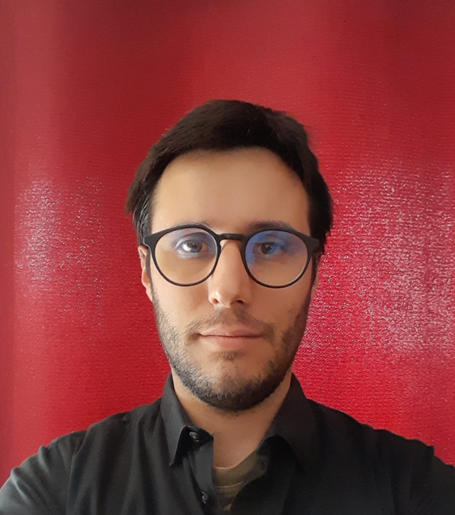
Paul Guille-Escuret
Paul Guille-Escuret is a postdoctoral researcher at the Institut Pasteur. Working at the intersection of the sociology of science and the sociology of social movements, he uses mixed methods to study citizen mobilizations around vaccines. More recently, his research has focused on how healthcare workers construct and express their representations of vaccination.
Leonardo Heyerdahl
Leonardo Heyerdahl is a post-doctoral researcher in the Institut Pasteur’s Anthropology and Ecology of Disease Emergence unit. Working at the crossroads of computational social science and anthropology, he designs grounded social-listening strategies that fuse social-network analytics with population-based surveys, observations and in-depth interviews. He works on projects across Europe and Africa to map vaccine confidence and explore the social dynamics of viral uncertainty. Before joining the Institut Pasteur, Leonardo spent a decade co-constructing cholera and Ebola preparedness and response programmes in Africa.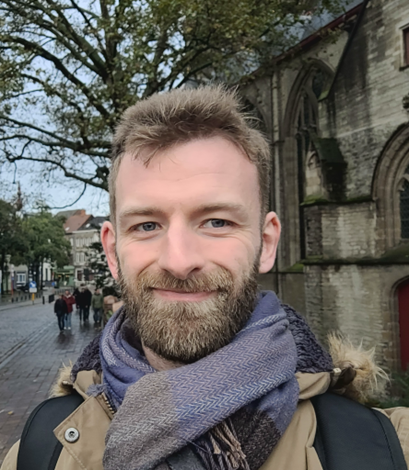
John Kenny
John Kenny is a postdoctoral researcher at the University of East Anglia and holds a DPhil Sociology from the University of Oxford. His research focuses on the areas of public opinion and political behaviour, with recent work focusing on environmental attitudes, political authenticity, and election forecasting.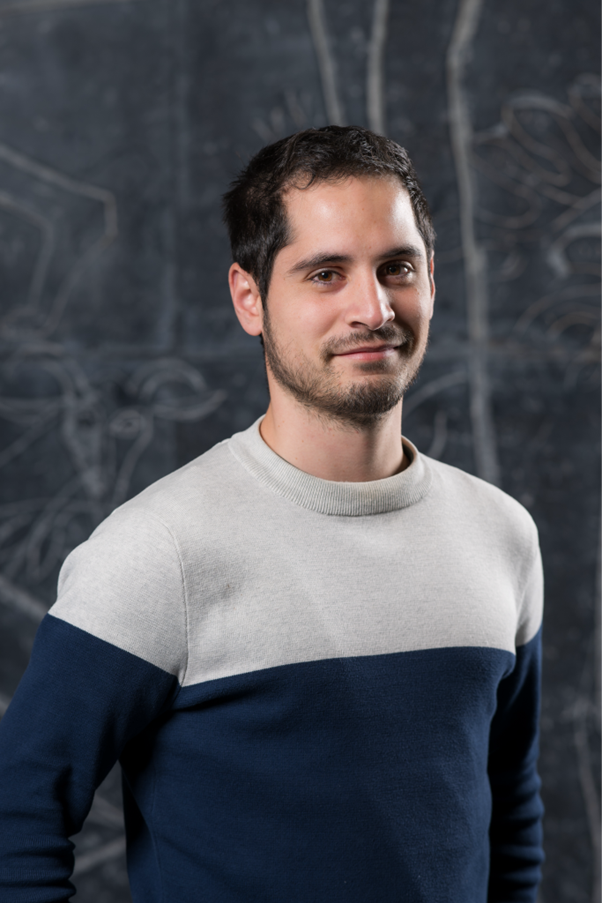
Matthias Levalet
Matthias Levalet is a first year PhD student at the Centre Émile Durkheim (Sciences Po Bordeaux / Université de Bordeaux). He is working on the production and circulation of the "republican" idea. More precisely, his thesis compares the three main French right-wing parties between 2002 and the present day.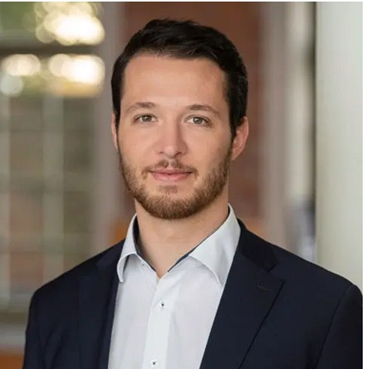
Noel Löcse
I’m Noel, a PhD researcher at the University of Lausanne. I mainly specialise in the EU’s digital infrastructure policies and, more broadly, industrial policy. I’m currently trying to understand how to analyse policy narratives across large text corpora, and also to identify policy instruments, objectives, and problems. Prior to academia, I worked as a policy and communications advisor in Leipzig and Brussels.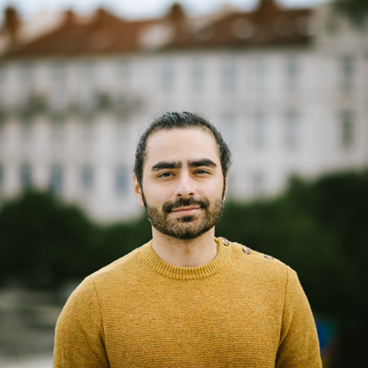
Mehdi Malefikar
I’m currently a PhD student at emlyon business school and Lyon 3, focusing on entrepreneurial agency through qualitative approaches. Alongside this, I’m exploring computational approaches to analyze motivations, communications, and category emergence in entrepreneurial contexts. My background is in mechanical engineering and I hold an MBA, with some experience in algorithms and coding.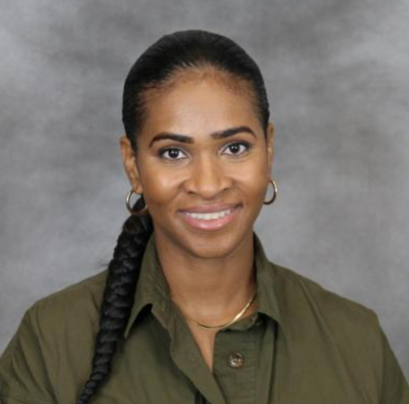
Soroya McFarlane
Soroya Julian McFarlane (Ph.D., University of Miami) is an Assistant Professor in the Department of Communication Studies at the University of Georgia. Her research focuses on designing and evaluating communication interventions that address health disparities at the community level. Dr. McFarlane’s research agenda is driven by understanding how culture influences health, and how communication interventions that translate science for diverse populations might be effective in reducing health disparities. Her recent research has been on women’s sexual and reproductive health, with the aim of (1) expanding theoretical understanding of culturally-targeted messaging and interventions, and (2) understanding the impact of media, innovation and participatory approaches. She also leads and collaborates with US-based researchers in the area of clinical trial communication, with a special focus on vulnerable and minority populations.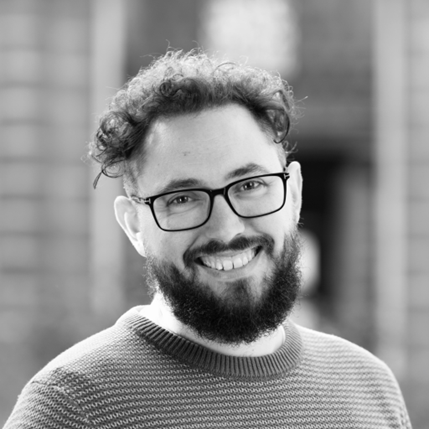
Léo Mignot
Léo Mignot is a research engineer at the Centre Émile Durkheim (CNRS / Sciences Po Bordeaux / Université de Bordeaux), where he contributes to the development of computational social science. His research focuses on the intersection of artificial intelligence and healthcare, studying both the technological applications and the socio-professional implications of AI.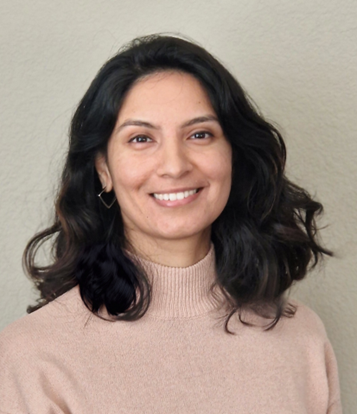
Sruti Modekurty
Sruti Modekurty is a PhD candidate at the Helmholtz Centre for Environmental Research (UFZ) studying urban climate adaptation using natural language processing. By analyzing climate plans with NLP, she aims to understand what kinds of measures cities are planning, who is involved in planning, and how effective it is. She was previously a software engineer focused on urban and environmental issues, most recently at OpenAQ, building open data infrastructure for air quality. Sruti has an Erasmus Mundus Joint MS in Urban Climate and Sustainability and a BS in Electrical & Computer Engineering from Carnegie Mellon.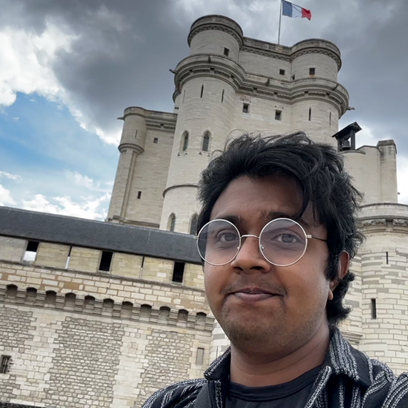
Aditya Narayan Sankaran
I am a PhD student at Télécom SudParis, Institut Polytechnique de Paris, funded by a fellowship from the Indo-French Center for the Promotion of Advanced Research (CEFIPRA/IFCPAR). My research investigates code-mixing/code-switching practices in social media, with a particular focus on low-resource Asian and Southeast Asian languages and their implications for content moderation. I also work in digital humanities, examining how literary artifacts in contemporary digital media and traditional publications influence content popularity.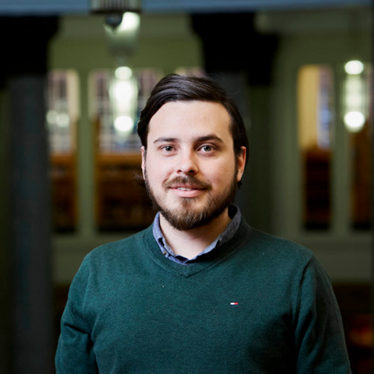
Jose David Ortega Chavez
Jose is a Lecturer in Media and Communication at the University of Winchester (UK). His research combines computational text analysis with qualitative methods to study political communication, with a particular focus on the role of news media in peace negotiations in Colombia. He completed his PhD at the University of Leeds (UK) in November 2022.
Victoria Palchikova
I am a PhD student in Political Science at the University of Marburg, Germany. My research focuses on changes in social norms and political attitudes using computational methods such as network analysis, sentiment analysis and topic modelling. I have worked with data scraping and API consumption on platforms such as YouTube and Telegram. I am currently studying attitudes towards political violence in TikTok networks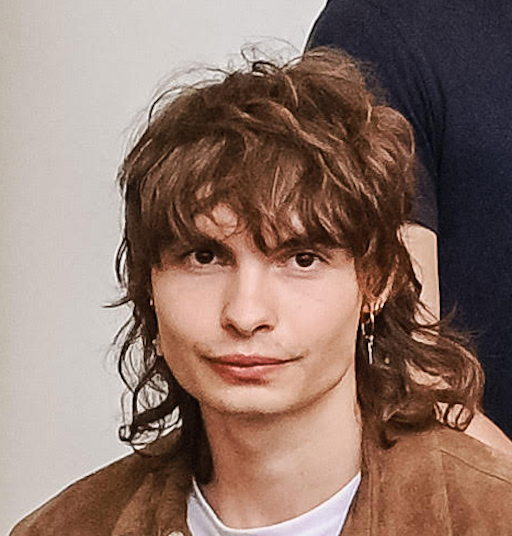
Rémi Passerotti
Rémi Passerotti is a doctoral student at Sciences Po Grenoble - Université Grenoble Alpes. For his PhD thesis, he is working on electoral promises and party manifestos with CSS methods: he is studying to what extent the presidential candidates' pledges can change between their declaration of candidacy and the day of the election. In addition, he works on social groups and the way they are framed in government-commissioned opinion polls. Prior to graduate school, he earned a master's degree in political communication at Sciences Po Grenoble - UGA, and a master's degree in research in marketing and management at Université Paris Dauphine - PSL.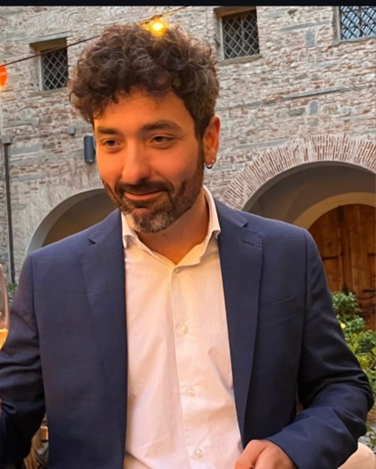
Nicolò Pennucci
Nicolò Pennucci is a Postdoctoral Research Fellow at the LUISS University in Rome where he works in the POSTGEN Project. He works in the social media data team by building a classifier for political content on social media. At the same time, he works as consultant in two projects at the Scuola Normale Superiore where he performs social media data analysis. He holds a PhD in Political Science and Sociology from the Scuola Normale Superiore with a dissertation on the civil society reaction to right-wing populism in power in Italy, the United Kingdom and the United States.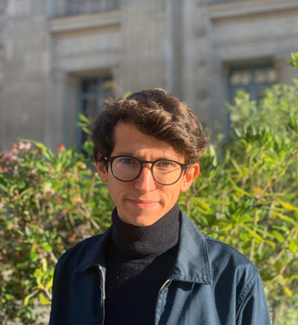
Marius Perrin
Marius Perrin, a first-year PhD candidate in comparative politics at the Center for European Studies at Sciences Po in Paris, completed his studies at Sciences Po’s School of Public Affairs in 2024. His current research focuses on the concept of far-right mainstreaming and its impact on party competition, with a focus on the Swedish and Norwegian cases. His research methodology encompasses both quantitative and qualitative approaches, utilizing CSS and conducting interviews. He works specifically with parliamentary speeches and media data, which he employs to assess the evolution of party positions and norms of party competition over time.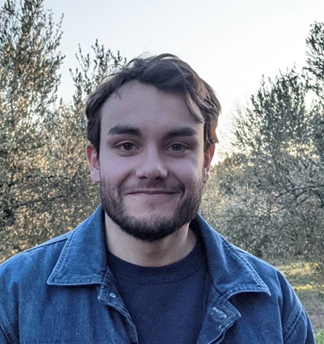
Victor Planche
Victor Planche is a PhD student in political science at the Avignon University (France). As part of his thesis, he is studying the writing of political biographies on Wikipedia. For this research, he's using mixed digital methods, mobilizing both digital tools and traditional social science methods. As part of his Master's thesis, he studied the use of digital tools in social movements.
Patricia Rehus
Patricia Rehus is a final-year PhD candidate in Politics at the University of Surrey. Her research focuses on the demand-side challenges to democracies, such as populism, authoritarianism and religiosity. Patricia holds a BA in International and Comparative Politics from the American University of Paris and an MA in International Relations from the University of Sydney.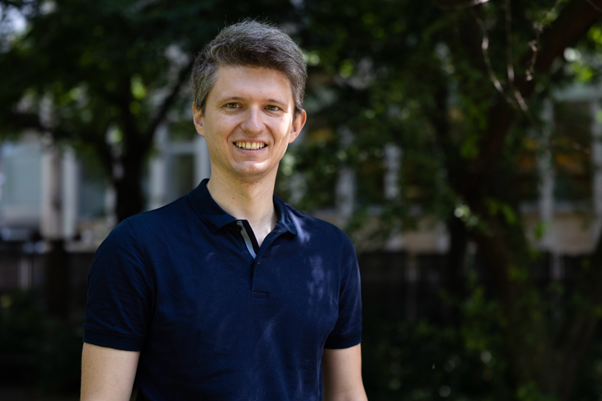
Yann Schreiber
I am a datajournalist at the international news agency Agence France-Presse (AFP), based in Paris. My previous jobs within AFP include economics correspondent in Frankfurt, Germany, and éco reporter in Paris. I am passionate about newsroom innovation and how AI can impact and/or inform news coverage. I am looking foreward to learn how our use-cases and best practices intersect with those in social sciences. I have a dual-master’s degree in "Journalism and International Affairs" (International Economic Policy) from Sciences Po Paris.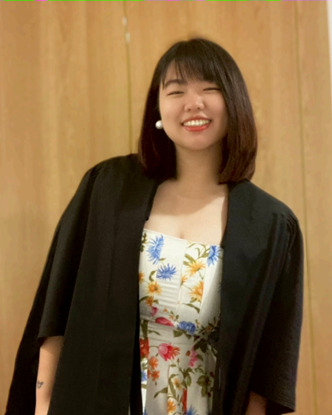
Shujing Shi
Shujing Shi is a PhD candidate at the Institute of Criminology, University of Cambridge. She holds an M.Sc. in Criminology from the University of Pennsylvania and a B.A. in Criminology from Durham University. Her PhD research centred around organised crime and drug markets, with an emphasis on the group dynamics and operational mechanisms of organised drug trafficking networks. In addition, her broader academic interests include human trafficking, drug policy, evidence-based policing and community corrections.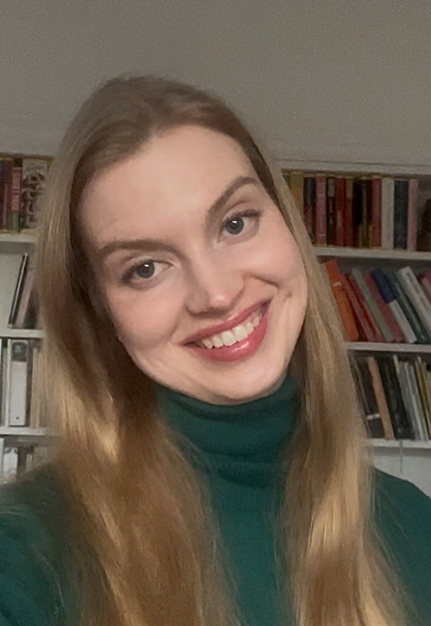
Silja Sormunen
Silja is a PhD candidate at Aalto University, Finland, studying the physics of complex adaptive systems. With a foundation in network science and an interdisciplinary background in psychology, medicine and philosophy, she is especially interested in exploring diverse approaches to climate change mitigation.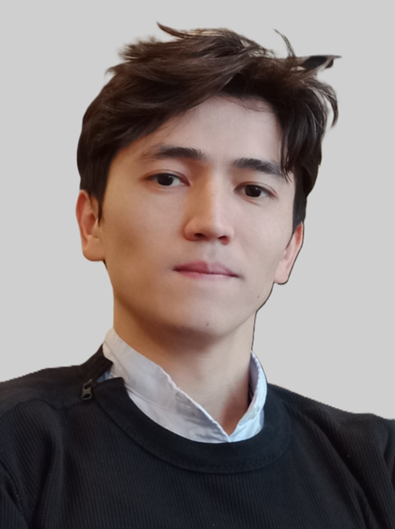
Miras Tolepbergen
Miras Tolepbergen holds a BA in International Relations and Political Science. As a Master’s student, he studied the history and theory of International Relations at Shanghai University. He also specialized in Political Communication as an Erasmus Mundus scholar at Charles University, Leiden University, and Jagiellonian University in Krakow. Currently a PhD fellow at the University of Oslo, Miras explores how Russian foreign policymakers construct Russia’s status, identity, and role in relation to China following the onset of the Russian "Special Military Operation" in February 2022. Methodologically, his project employs computational text analysis and seeks to contribute to the ongoing discourse on Russia’s civilizational trajectory.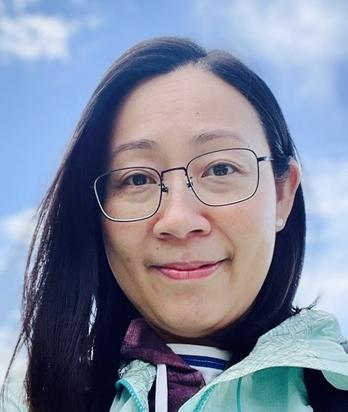
Celia Tsui
Celia is a Lecturer in Digital and Creative Media at the School of Media and Communication, University of Leeds. Her current research explores diasporic media and influencers, with a focus on the shaping of political opinions among migrant communities. Before entering academia, Celia worked as a journalist in Hong Kong.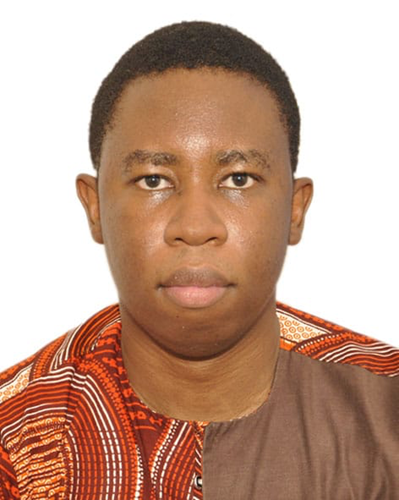
Boyam Fabrice Yameogo
Boyam Fabrice Yameogo is a lecturer in Statistics at the Department of Statistics, University Joseph KI-ZERBO (Burkina Faso). He holds a PhD in Applied Mathematics from Nantes University. His current research focuses on data analysis, typically applying methods to generate synthetic populations and estimate household living conditions in West Africa. He is also interested in using methods in computational social science to study multidimensional poverty, income inequality, and population dynamics. Fabrice’s transdisciplinary background facilitates work on various topics and collaboration in diverse teams.